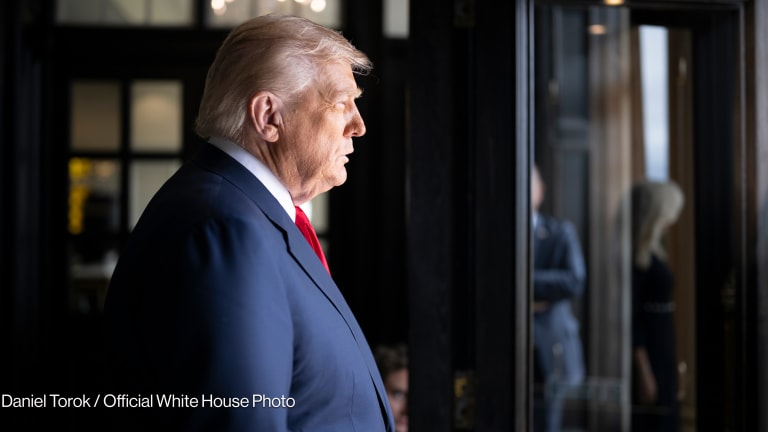Why is the U.S. Congress resistant to a robust international affairs budget, as shown by the more than $8.4 billion cuts to foreign aid spending in the U.S. fiscal 2011 budget deal? The head of a U.K.-based think tank notes that much of this resistance stems from a number of long-standing challenges, particularly the drive of the Republican Party, which controls the House of Representatives, for a smaller government.
>> Details of US Budget Cuts to Foreign Affairs Programs Emerge
Another factor is “bad messaging,” Lawrence Haddad of the Institute of Development Studies writes in his “Development Horizons” blog. A significant chunk of the U.S. public and some members of Congress think the U.S. spends 20 percent of its budget on aid when the actual spending is less than 1 percent of the federal budget, he says.
U.S. Agency for International Development Administrator Rajiv Shah and several U.S.-based development groups have also highlighted this misconception.
>> Rajiv Shah Makes Case for Robust Foreign Aid Budget
A third factor, according to Haddad, is the United States’ “military superpower stance.” He explains that supporters of the U.S. foreign aid budget usually have to defend the importance of aid programs to the country’s security in order to justify such spending.
“If one can make the case that aid prevents conflict and maintains (pro-development) stability, this might not be so restrictive, but then again if a country is pro-development, it will likely be less prone to such conflict,” Haddad explains.
Some aid efforts are also harder to sell to the U.S. public, Haddad notes. For instance, it is easier to get public support for global health programs than for initiatives toward hunger reduction, he notes.
Read more about U.S. development aid.








